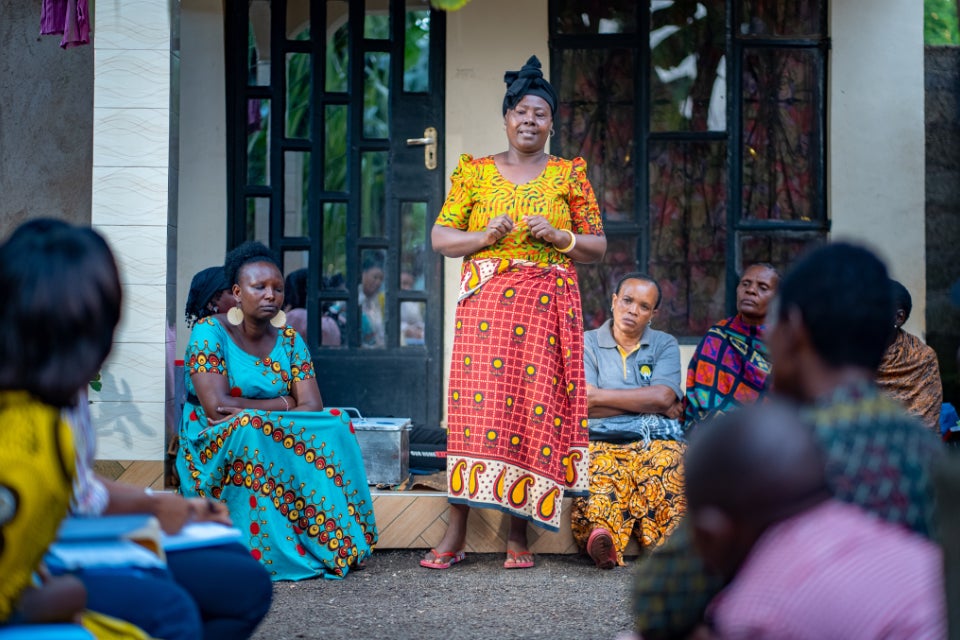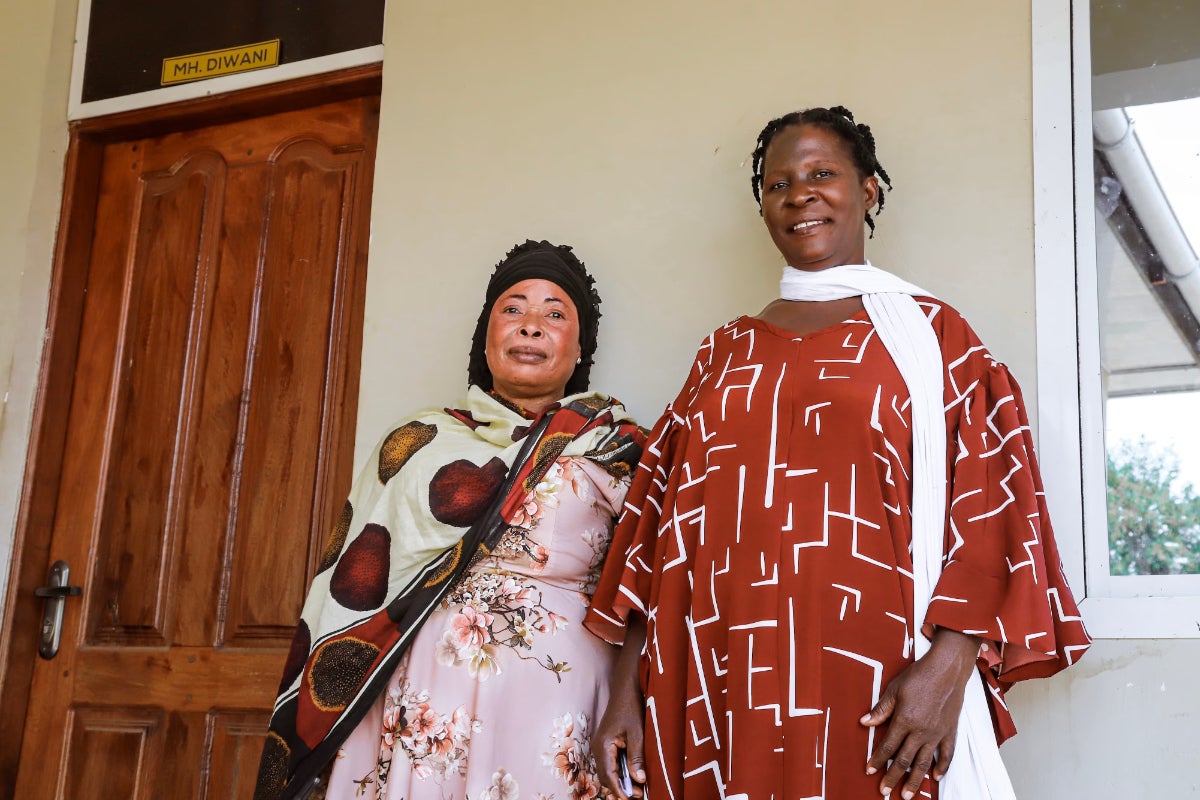
Women's Leadership and Political Participation (WLPP)

When more women are involved in leadership and decision-making at both national and local levels, they can ensure that women’s perspectives are better integrated into critical decisions that affect their lives.
When more women are involved in leadership and decision-making at both national and local levels, they can ensure that women’s perspectives are better integrated into critical decisions that affect their lives.
The United Republic of Tanzania (URT) has made significant progress in advancing women’s leadership and political participation. The 1977 Constitution provides for a quota system where 30% of parliamentary seats are reserved for women. After the 2015 general elections, the government increased the quota from 30% to 40%, leading to women holding 37% of parliamentary seats—a positive step toward achieving the Southern African Development Community’s (SADC) 50% representation benchmark. Women also represent 37% of cabinet ministers, 18% of deputy ministers, and 38% of judges. However, gaps remain in achieving gender parity in leadership and decision-making, particularly in elected positions.
UN Women Tanzania works with key partners at both national and local levels to ensure that all women and girls can fully and equally participate in leadership and decision-making, benefiting from gender-responsive laws, policies, budgets, services, and accountable institutions. Through the ongoing project "Strengthening Women and Girls’ Meaningful Participation, Leadership, and Economic Rights at the Local Level" (WLER), we are active in 18 administrative districts, implementing strategies focused on enhancing the collection and use of sex- and disability-disaggregated data, strengthening supportive environments, promoting gender-responsive norms, behaviors, and practices, and building the capacities of women leaders.
The project also advances women’s economic rights as a key enabler for leadership, including piloting innovative measures such as care services, in line with the Government of Tanzania’s commitments under Generation Equality.
Through these efforts, implemented in collaboration with government ministries and departments, local government authorities, civil society organizations, networks of women with disabilities, community and traditional leaders, and the media, we aim to create an environment where women and girls can thrive as leaders and decision-makers - contributing to a more inclusive and equitable society in Tanzania.
Stories
Latest news
07/05/2025
02/05/2025

